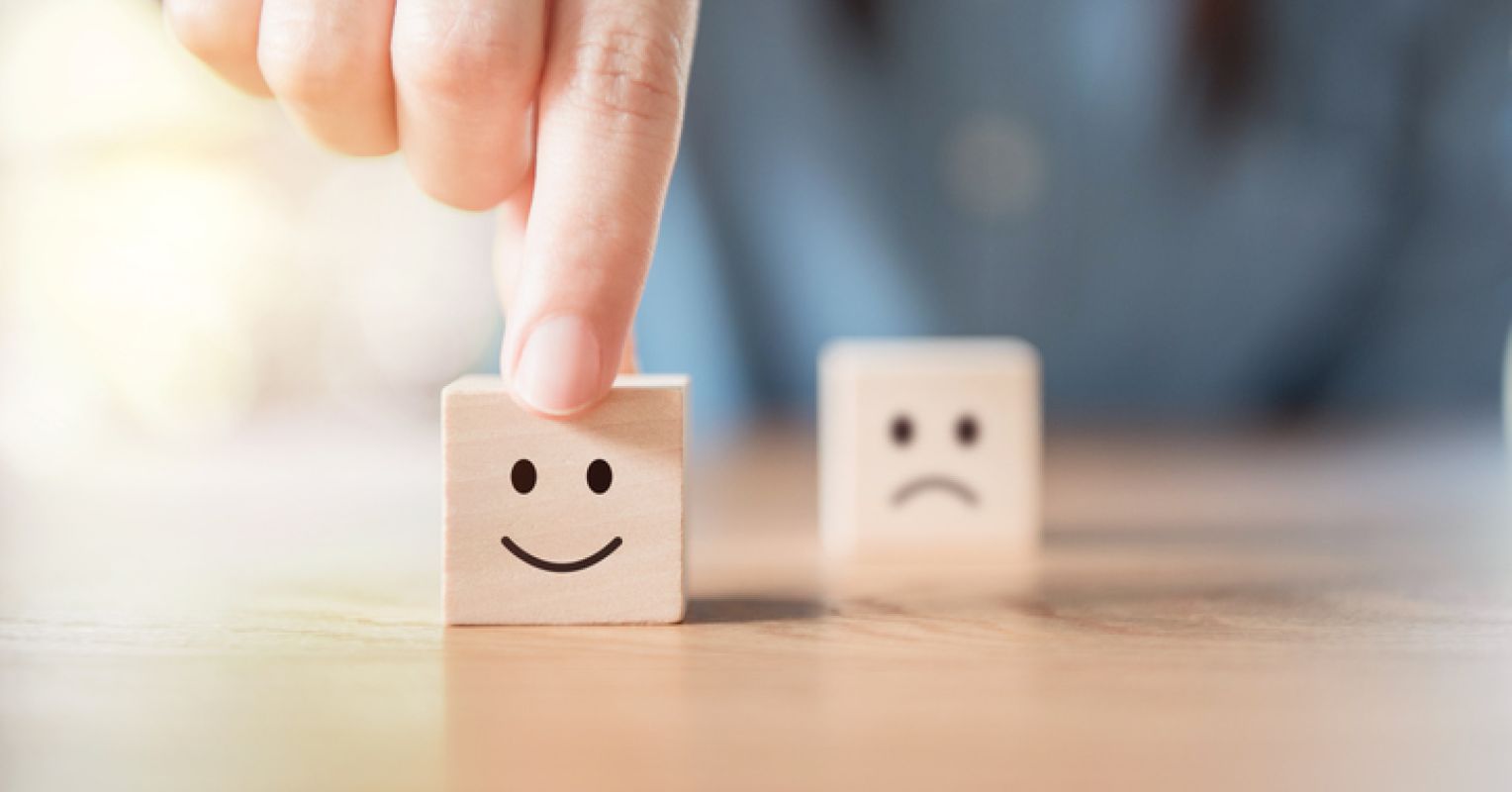
Difference between Positivity and Toxic Positivity
A person who is positive supports all emotions, regardless of how "good" or "bad" they may be. They say to others, "I'm with you no matter what," which encourages them to share the good and the bad, acknowledges that all emotions are part of the human experience, realises that not all experiences are positive, and welcomes and supports themselves and those around them regardless of how they feel. In essence, they are more empathetic, less critical, and more supportive.
A person with toxic positivity, on the other hand, encourages others to always be cheery and optimistic, instructs them to always look their best, and looks down on those who are having a terrible day. Under the guise of positivism, the person hides their true feelings, rejects all feelings, and tries to get on with life.
Positivity can help people cope with stressful situations, but toxic positivity has the opposite effect. People may find comfort in positivity, but toxic positivity leads to the dismissal, disregard, or invalidation of their emotions. Toxic positivity is the concept that people should keep a good attitude regardless of how severe or tough a situation is. Especially during difficult times, it is an obsessive variant of the "only good vibes" philosophy.
Positive emotions and occurrences are not absent from positivity. Clearly, unfortunate occurrences are inevitable. According to research, the optimal ratio of happy to negative emotions for experiencing positivity is at least 3:1. However, the trend of forced positive just breaks the optimal ratio, hence becoming toxinizing.

Below are a few examples of Toxic Positivity
-
"Everything Happens for a Reason". This is one of the most clichéd and unpleasant things people say to those who have recently experienced a horrible event.
-
When depressed, the last thing someone wants to hear is "just be positive." It is not that easy. Constant positivity is unrealistic and unhealthy.
-
Pretending everything is fine is damaging. "Burying your head in the sand" only makes matters worse.
-
When someone else is suffering, it's normal to want to make light of the situation. However, laughing when another person is in pain is not only insensitive, but cruel.
-
To one-up, someone's tragic story is to make your own problems appear worse. You may think you're urging them to "look on the bright side" or be "grateful," but you come out as self-centered.
-
If someone has recently lost a kid, they may not want to hear how fortunate they are to have another one. Even if a person has a wonderful home, losing their job can put them at risk of homelessness. So, a newly unemployed person may not want to hear that they should be grateful for their roof, and a person whose spouse has cheated on them may not want to hear that it's good that they caught them in the act.
-
So many individuals use social media to make their lives appear flawless. In fact, though, no one's life is ideal.
-
You may believe that saying you're busy all the time makes you appear important and in demand. In actuality, though, it makes you sound arrogant and like you have no time for others. It may also appear that you assume others are less busy than you.
-
Telling Someone to Smile Not only is this intrusive, but it can also be interpreted as telling someone to alter their feelings in order to suit you.
-
Overcomplimenting Someone for Losing Weight Although it is always pleasant to hear compliments, it is important to exercise caution when praising someone for losing weight. The individual may have an eating disorder or be concealing a severe disease.
-
Many parents tell their children that they should never complain because so many others have it worse. This mentality does nothing but discredit their child's emotions and causes him or her to bottle them up.
-
When your family tells you that you shouldn't be affected by a bad experience because "you're tougher than that!"
-
Telling someone with depression that they simply need to be more optimistic, go out more, be more present in life, do this, that, and the other, and be ecstatic about living every day is not helpful.
-
Saying, "Only positive energy in this home!" "Um, it is emotionally harmful and leads to shallow relationships.
-
"Downplaying disability, particularly visible ones, and diseases in general because you believe it is encouraging or kind.
-
The belief that some ailments can be overcome by sheer determination notwithstanding, there is a difference between having a positive attitude and being in denial.